Retreat from Paradise
The onset of the COVID-19 pandemic in March 2020 created unprecedented chaos for coastal and ocean cruisers worldwide. Daria Blackwell reports on how the Ocean Cruising Club responded to support the cruising community as a whole (not just their own members). An excellent insight into, not only, how the OCC operates, but also into how many organisations and individuals were involved in making sure cruisers worldwide were kept informed and could passage safely this year as borders around the world were closing shut.
Published 5 years ago, updated 1 year ago


Who would have thought that in this age the Q flag, or indeed the L flag, would take on its intended significance of a vessel in quarantine or harbouring contagious disease aboard?
The onset of the COVID-19 pandemic in March 2020 created unprecedented chaos for coastal and ocean cruisers worldwide. Ports and countries were closed to cruise ships, airline passengers and cruising yachts without notice – often occurring long after a yacht had departed on a several-week-long passage. In other cases, yachts were left stranded in harbour with no access to the shore and nowhere else to go. Many faced enormous obstacles as borders closed both behind and ahead of them. Suddenly, paradise became a prison to escape from instead of the idyll cruisers had sought.
We estimated that some 900 vessels were in the Atlantic, 500 in the Pacific and another 250 or more in the Indian Ocean, all scrambling to find a country that would allow them entry before the hurricane and cyclone seasons descended. A few skippers acted early, stowed their boats on the hard, and flew home while they still could. The World Cruising Club suspended the World ARC in French Polynesia.
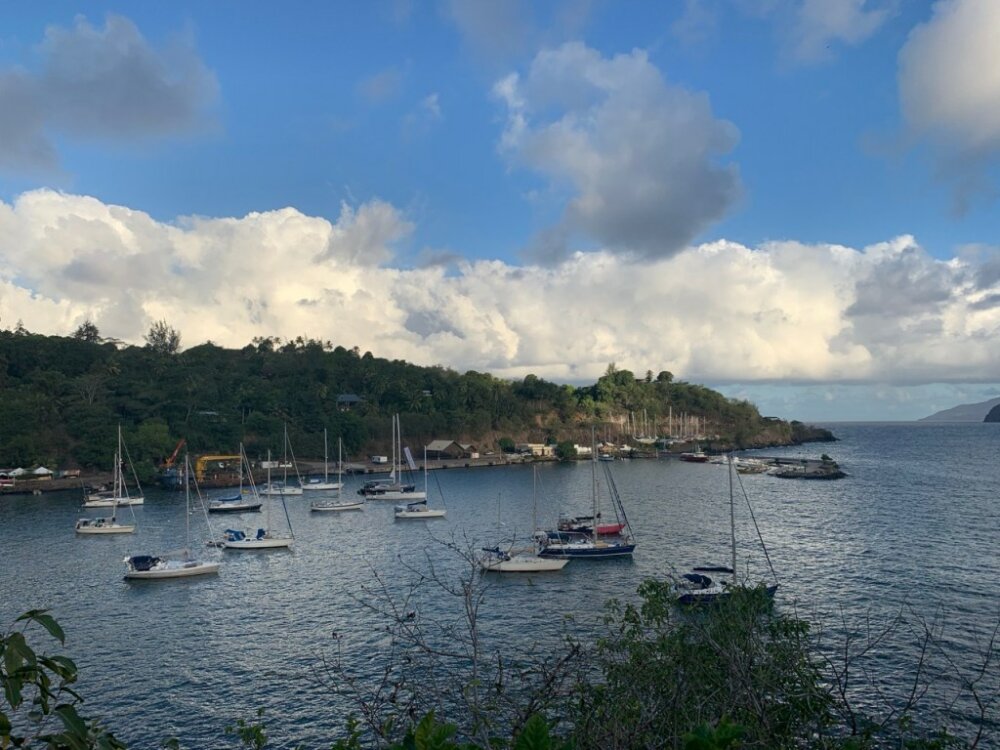

The Early Days
The speed with which the novel coronavirus spread from China to Europe was limited only by the frequency of transcontinental flights. As countries in Europe began locking down, tourists flocked to the Caribbean to escape the nightmare pandemic at home, taking SARS-CoV-2 with them. In many ways it started as a pandemic of the more wealthy, who could afford skiing and island holidays. The medical facilities in many island and remote nations are rudimentary, PPE (Personal Protective Equipment) and ventilators are scarce, and many don’t even have a hospital. As COVID-19 cases showed up, borders were shut tight and restrictions on movement were imposed.
The amount of misinformation circulating on the internet and among the cruising community was alarming and the panic level among cruisers not knowing how to make decisions was escalating.
When a family was prevented from anchoring upon reaching Curaçao from St Maarten, OCC Port Officer Victor Langerwerf used media channels to put pressure on politicians to allow them to anchor and re-provision on humanitarian grounds. They had a small child aboard, limited food and water and posed little risk. Several other boats were similarly denied entry.
In the Pacific, the situation was even more dire as hundreds of yachts became stranded in cyclone-prone regions while the borders of Australia and New Zealand remained closed. In the Indian Ocean, a boat was turned away from South Africa and initially denied access to St Helena. Short on food and water, this was not a voyage for which they were prepared.
Call to Action
We decided we needed to assist cruisers caught up in pandemic politics and help panicked governments understand the risks that a long-distance cruiser faces but does not present. We needed to provide a place where cruisers could exchange ideas and share reliable information.
The first step was to open our OCC Facebook Groups: Atlantic Crossing; Pacific Crossing; and Caribbean Net+, to non-members and spread the word.


In this extraordinary time, the cruising community banded together to provide a unified approach to the pandemic response. A decision was made to forward all reliable information on port closures and openings, including quarantine rules and other information, to Noonsite – it would have made no sense for us to duplicate what Sue Richards and her team were doing on a global scale.
OCC Port Officers around the world could collect, verify and translate official information for their respective countries, while Noonsite would act as a central repository for trusted up-to-date news about which ports and borders were open and what the conditions of entry were. Many jumped in to help, especially those in strategic locations.
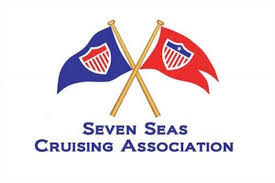



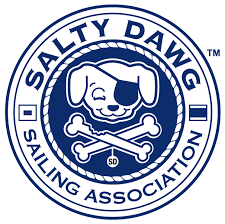

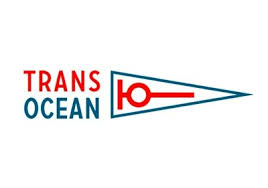

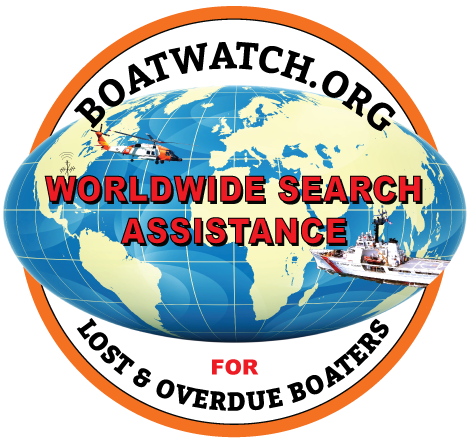

In the USA the Seven Seas Cruising Association (SSCA) was also feeding information to Noonsite, but keeping up with individual US states proved impossible, while in Great Britain the Cruising Association (CA) set up a border information site for European ports. The Salty Dawgs organised a flotilla of 300 yachts sailing to America from the Caribbean and TransOcean organised a tracker and net in German, but we all exchanged information. Another member was representing a large group of Swedes whom he was supplying with information from our group.
It was a valuable co-ordinated effort.
Glenn Tuttle of BoatWatch, a non-profit organisation that reports and helps locate vessels that are overdue or in distress, approached the OCC to assist with BOLO (Be On the Look Out) requests. We agreed and he became an important contact and gobetween with the US Coast Guard when things didn’t go according to plan.
In the interim, the US National Weather Service predicted a more active Atlantic hurricane season than normal. This was not about a rally or flotilla – every skipper would have to make their own decisions about when to leave and how to cross. We’d just supply some of the information they needed to help them reach their own conclusions and make their way safely across an ocean.
The Cruising Lifestyle Hits the News
It became clear very early in March that decisions were being made haphazardly by government officials who, in many cases, had no understanding of the needs of cruisers nor appreciation of the challenges they were facing. In some cases, families were forced to stay aboard their yachts at anchor with children,who were not allowed ashore nor even permitted to swim near the boat. In other cases, yachts were being turned away from remote stop-overs and forced to sail extraordinary distances without support.
Hurricane season was fast approaching in the Atlantic and cyclone season in the Pacific. Yachts were stuck in perilous places and flights were grounded. Risk was mounting.
An early attempt to involve World Sailing, which has global influence with authorities and purportedly represents cruising as well as racing, proved fruitless. All they could offer was advice for cruisers to stay put wherever they were and to avoid cruise ship ports.
As OCC PR Officer, I understood that the only way to get the attention of world leaders was to publicise the plight of cruisers in the general media. As it happened, solo sailor and digital nomad Susan Smillie, who is a journalist for the Guardian, joined our Facebook groups. She was at anchor in Greece. Susan knew that I was helping yachts in difficult situations and we hatched a plan. I would be interviewed by Susan as the voice of the ocean cruising community overall, and would also provide access to willing OCC Facebook group members who were planning challenging voyages or facing tough circumstances.
The story was published in the Guardian on 12th May and sparked a storm of media attention around the world. I explained many times that cruisers are among the safest people to encounter, especially after being at sea for weeks out of contact with other humans, and what challenges they face, especially when sailing short-handed. I explained the need for fresh water, fuel and provisions to countless media outlets and documentary makers in the following weeks. I debunked the image of superyachts, and instead painted a picture of families with young children choosing an alternative way of living in the natural world. People were fascinated.
I also explained that we were not asking governments to enable unfettered cruising, only for the ability to stop, rest and get desperately-needed supplies so sailors could safely continue their journey home, or at least to safe harbour. I also made it clear that we recognised the limited resources of small nations and respected the need to protect their populations. It was a whirlwind of media interaction, all hungry for a positive story.
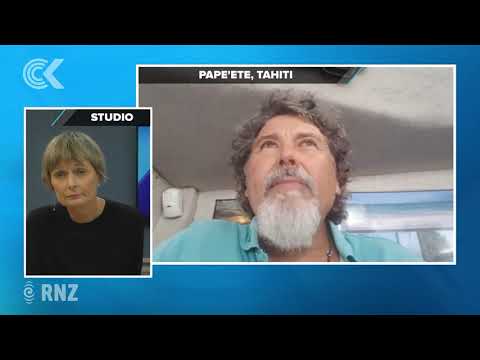

Lobbying Governments
As cyclone season starts on 1st November and distances across the Pacific are vast, a long lead-time was needed between getting permission to enter cyclone-free countries like Australia and New Zealand and departure, but they weren’t budging. Australian OCC member and Roving Rear Commodore Guy Chester, who was attempting to return home, has extensive diplomatic experience. He and Fiona Jones, OCC IndoPacific Region Co-ordinator, with my input as OCC PR Officer, wrote letters to the various governments of island nations asking them to reconsider.
Fi and Guy used the OCC Pacific Crossing Facebook page to communicate with cruisers and put together a list of some 200 yachts expressing interest. They worked with John Hembrow of the Down Under Rallies and John Martin of Sail South Pacific to formulate a plan for cruisers to enter Australia and New Zealand safely, and were successful in convincing Fiji to set up Blue Zones whereby cruisers could enter the country under quarantine.
When the NZ government declared that escaping cyclones was insufficient reason for entry and the Australian regional government declined yachts who applied for entry in a test case, we had to spring into action with a last-ditch effort. We drafted a press release which was sent out to the media in New Zealand. Guy and Fi spent the weekend doing TV and radio interviews and speaking to newspaper and web magazine reporters. Between us we drew a massive amount of attention to the plight of cruisers stuck in islands that had limited services, with insurance about to lapse as cyclone season approached. On Sunday evening, PM Jacinda Ardern appeared on TV news to declare that New Zealand would take seasonal issues into account for cruisers and, further, “We are asking the NZ Government to ‘Be Kind’ and allow cyclone refuge for genuine cruising yachties as a compelling need to arrive in New Zealand for humanitarian reasons”. Even so, the Health Minister refused.
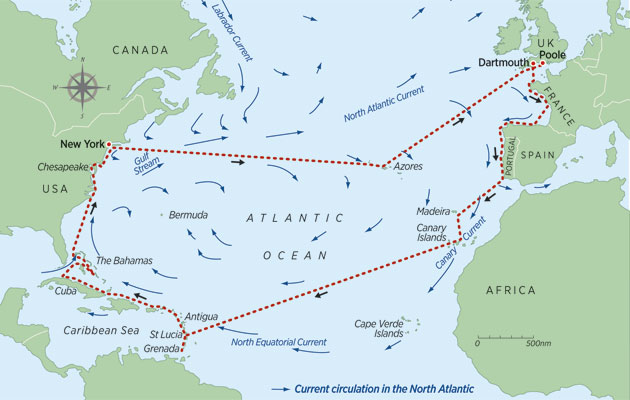

Creating Resources for Atlantic Passage-Makers
Back in the Atlantic, I enlisted past OCC Vice Commodore Peter Whatley, who was in Antigua on the first leg of an intended circumnavigation aboard his 15m Henry, to help with co-ordination in the Caribbean. He and his crew, along with everyone else, were weighing their options.
The ABC islands (Aruba, Bonaire and Curaçao) had closed, as had both Grenada and Trinidad and Tobago, islands typically on the hurricane-safe list. Their only choices were to
1) haul out in Antigua and fly home while they still could,
2) wait it out until they could continue on, or
3) sail home.
Those were the types of choices everyone was facing on every island in the Caribbean and in every port around the world.
Frances Rennie managed the OCC Facebook groups, setting up questions for anyone wanting to join and approving or denying access. She then monitored and communicated with everyone almost around the clock for many weeks.
I started a list of boats intending to cross the Atlantic, with a disclaimer about volunteering contact information. A surprising number of single-handers signed up. We learned daily of boats that needed crew to sail home, often short-handed or with young families onboard.
When the airports closed, all flights were cancelled, along with all hope of crew reaching them. So we started a crew-finding service within the group and assigned a member to manage it, linking people who had got stuck in the Caribbean when tourism shut down and wanted to get home with those who had the means – a berth on a sailing boat – and needed crew. It worked surprisingly well.
We organised OCC members with SSB radios to set up an OCC Atlantic Crossing SSB net (open to all) and multiple volunteers came forward to take radio duties once or twice a week.
We also encouraged members to file float plans with the USCG and to tune into the SSCA Transatlantic Cruisers’ Net which offered weather routing by Chris Parker and had a powerful land-based transmitter, call sign KPK.
One member, Tim Goodyear, offered to help with the growing boat list until he was ready to leave himself. He expanded the spreadsheet, then contacted PredictWind – with whom he had an account for weather routing – and told them what was happening. They offered to set up a fleet tracker for the group free of charge. It was a new service for them and we were essentially beta testing it. Boats could send in position reports by e-mail or SMS, and it proved a huge benefit for all who signed up as their relatives and friends, as well as our small team, could follow their progress. Those who bought the PredictWind weather service could also avail themselves of the brilliant routing program, but it was not necessary to buy anything to be on the tracker.
Alex Blackwell joined the team when Tim started preparations for his own departure, standardising sign-up procedures and communication with the tracker at sea, as well as taking over management of the lists.
My main job was that of enabler, and back-up to other team members. If there was a need, I sought approval and resources to do it. I also provided a ‘newsletter’ to members who did not access Facebook, letting them know what we were doing to assist and where to go for information, and posted information on the OCC Forum.
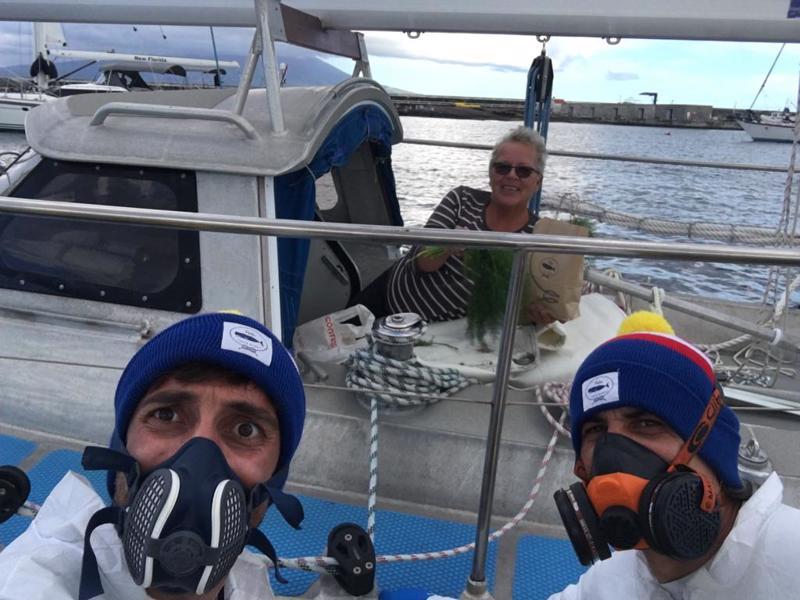

José Azevedo, Honorary OCC Member and Port Officer for Horta, secured permission for cruisers to stop in the Azores en route to Europe. Initially the Azores closed down completely and would not permit yachts even to anchor, but José worked hard to convince the authorities to allow boats to anchor, isolate and pick up fuel, water and provisions. A vast fleet congregated at anchor in Horta, with José Azevedo and crew doing a masterful job supplying boats with what they needed. Eventually the Azores let cruisers ashore in Horta following a negative COVID-19 test. Linda Lane Thornton, based in São Jorge, provided essential information about the other islands to the Facebook group each day.
Another member of the Atlantic Crossing group, Alexander Wyssling, had four crew, each of whom had a satellite phone. He volunteered to set up an emergency communications and position-reporting capability for boats that did not have SSB but did have SAT phones. We set up a special e-mail address – fleet@oceancruisingclub.org – and directed the address to all the group administrators. That way, any communication with any vessel via e-mail would be seen by everyone for continuity.
Administration of the OCC Facebook groups started with me and Frances Rennie, who worked very hard to answer questions and direct new members to vital information. I quickly realised that we needed backup and cajoled Alex into joining in as an administrator, which he took on gladly. Alex maintained constant contact with the members of the OCC Facebook page so we could track who was leaving from where and when.
One member, a retired anaesthetist, advised the group on medical considerations prior to departure – ie. 14 days’ quarantine before departure to avoid the risk of getting sick at sea – and debunked myths that were being propagated. Another member, also a medic, offered to consult on medical emergencies at sea via SSB.
Expanding the Team
The Atlantic team had Alex and me in Ireland, Frances in Scotland and Peter in the Caribbean. When the first problem came up while we were all asleep, we realised we needed coverage through the night, so put out a call to OCC members on the east coast of the US and Regional Rear Commodore NE USA, Moira Bentzel, volunteered. As all things that go bump do so at night, she was the first to pick up most of the emergencies. The ‘group’ e-mail address was forwarded to all team members, so that e-mails could be fielded close to 24/7 and everyone could remain in sync.
Now we had a machine that was working well. We were sending updates on border restrictions to Noonsite like clockwork, we had a list of boats and their details and a tracker to keep a visual on them. Glenn Tothill of BoatWatch was feeding in US Coast Guard alerts and brought in the SSCA Net.
The time spent by the OCC Atlantic Crossing Team on monitoring and responding to Facebook posts, responding to e-mails, Facebook Messenger, WhatsApp messages and messages received and forwarded by Rachelle Turk increased dramatically. Every comment to every post had to be reviewed, as often they contained information that needed to be documented or required a reply.
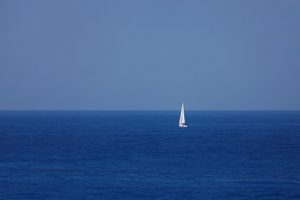

One by one, members of the groups started making decisions as their confidence grew. This boat would take off next week, a Scandinavia group would sail in company in early June, some would wait to see if the ABCs, Trinidad or Grenada would open up. Some would stop in the Azores while others would go direct. Some would decide to sail short-handed when they would have preferred more crew, while others decided to wait until flights resumed to get their crew in. They were armed with the information they needed to reach their own conclusions.
Pretty soon we had a fleet strung across the Atlantic like neon beads on a necklace. Once in a while Alex or Moira would e-mail someone who seemed to be off course, only to learn they had hove-to in order to sleep or had gone off course when the wind shifted. We had two single-handers caught in an early season tropical storm which caused enough damage to one vessel that he diverted into the Chesapeake. Moira talked him safely into harbour and we kept the USCG apprised all the way.
Meanwhile in the Pacific…
John Hembrow of the Down Under Rallies and John Martin of Sail South Pacific, organised flotillas to approach Australia and New Zealand in waves, so as not to overwhelm the authorities. Together with Guy Chester they wrote procedures for safe tracking and reporting of health status and quarantine on arrival, but unfortunately those borders remained closed.
Yachts in the Pacific had their own difficult challenges – vast distances between potential stops and no one letting boats in. Some 200 vessels were signed on to the lists and 800 were members of the OCC Facebook Pacific Crossing group.
French Polynesia eventually relented and allowed cruisers into its waters. Fiji opened Blue Zones for clearance of yachts into the country and one by one other countries allowed cruisers to stop and re-provision. But Australia and New Zealand remained closed to all but
their own citizens and cyclone season was rapidly approaching.
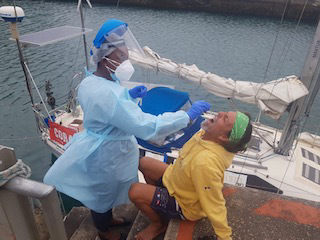

Indian Ocean Challenges
Rear Commodore Jenny Crickmore-Thompson, based in South Africa, was helping people in the Indian Ocean, albeit not through an OCC organised effort. South Africa said it would allow cruisers to enter, but the rate of infection was skyrocketing and one well-known American cruising couple who made it to South Africa, contracted the virus on arrival. Tragically, Patrick Childress died at the end of June, leaving his wife alone, devastated and recovering aboard their yacht “Brick House”. It’s the only case we’re aware of in the sailing community.
South Africa sent out a loud and clear message on 1 October that borders were open, so many boats left Indian Ocean shores to head straight to SA expecting a clear path to enter. In actual fact the authorities all had different ideas as to how the new protocols translated to small yachts. New arrivals piled up in Richards Bay unable to get into the country with Immigration. Some even booked safaris in advance expecting a straightforward entry procedure and were left greatly disappointed. Getting a new directive issued proved to be a slow process and Jenny and her volunteer team worked continually behind the scenes to get a protocol in place by November so that foreign yachts could enter the country. Jenny is still the first point of contact for yachts heading to South Africa, easing the pre-arrival application process between government officials and skippers.
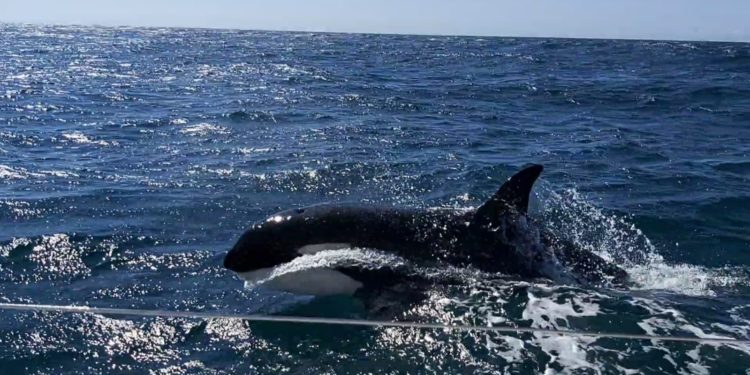
Outcomes in the Atlantic
Overall, more than 200 yachts sailed from the Caribbean to Europe under the OCC ‘umbrella’ in 2020 and another 25 sailed with the TransOcean fleet. We don’t know how many more sailed on their own, or whether that number is exceptional for a given year. It was a strange weather year, many boats encountering periods of calm alternating with strong northerlies – the trade winds were not playing their usual part.
The implementation of this safety net proved invaluable and the feedback from participating OCC members and non-members was universally positive. Several urgent and distress situations were assisted and disaster averted. These included two steering failures, three dismastings, one sinking, two significant storm damages, one lightning strike plus other lesser incidents. Alex and Moira in particular made some close friends out there and were able to talk them through their darker moments.
- OCC member Nicolas Charpy, who had been down below when his steel vessel took a direct lightning hit, suffered burns (on his bum) when he sat on the deck to contemplate his situation. He returned to Antigua for repairs, Alex talking him back as he had no electronics – all fried by the lightning.
- Another vessel suffered keel damage and sank after striking a whale near the Azores. The skipper was rescued by one of our group, OCC members Gabrielle and Jonathan Lyne.
- One member spent time searching for a vessel abandoned due to steering problems after hitting a whale, only to hit a whale themselves – but fortunately with no damage.
- Members Beverley and Kevin Harris of Kailani reported being attacked by orcas (killer whales) off Portugal, their Beneteau Oceanis 50 being turned through 180° and rammed repeatedly. Kailani did not sustain major damage, but other boats reporting the same later weren’t so lucky.
- Several boats in the US decided to head north via Greenland and Iceland to return to Scandinavia. One skipper broke the rules, however, and stopped in Canada which was closed to all foreigners. He was promptly arrested and fined.
- Northern Irish sailor Garry Crothers, who lost an arm to amputation following an accident, sailed about 4000 miles alone and non-stop from St Maarten to Derry in time for his daughter’s wedding. We were on board with him the entire way – virtually, of course. Garry would normally have had several crew but they could not join him as there were no flights. He arrived home to a hero’s welcome.
By late July things were winding down in the Atlantic, but two boats – one French, one British – were still sailing toward the Azores, both low on fuel with no wind and running out of food. We kept the Coast Guard appraised and they diverted commercial shipping to deliver food and fuel. Personnel from a Portuguese naval vessel, fixed one sailor’s engine. Then we were warned of the earliest hurricane on record, Gonzalo, which fortunately fizzled out, and multiple tropical storms and hurricanes that thankfully veered away from our fleet.
Of the more than 1000 people who had joined the group and the 150 yachts we followed on the tracker, the vast majority had no incidents and just thanked us for being there when they reached their destinations. Significantly, many of the members of our groups were from countries that are not well represented among our current membership, including Sweden, Norway, France and Germany. Our efforts earned much awareness, gratitude and respect for the OCC, and a few new members as well.
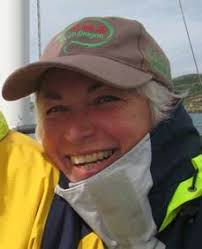

Postscript
The thank you notes received when people reached their destinations were heartwarming. For the most part, people noted a sense of growing confidence in the decisions they were making due to trustworthy information being shared in the group. They told us the fact that we were watching their backs when many were sailing short-handed for the first time, some with young families aboard, was a big relief. Those of us on the team felt very proud of being members of the OCC – 2020 is definitely a year to remember … or maybe to forget.
- Read Daria’s full report with images in the OCC E-Zine.
- Ocean Cruising Club Website.
…………………………………………………………………………………………………………………………………..
Related Links:
Alex Blackwell, OCC Regional Rear Commodore, has written an excellent report on lessons learnt from providing shore-support during the 2020 west-to-east Atlantic Crossing, as well as giving a helpful synopsis to assist those planning on giving shore support to yachts on passage. You can read the report here.
Noonsite’s COVID-19: Special Procedures Being Introduced in Ports of Entry Worldwide
…………………………………………………………………………………………………………………………………..
The opinions expressed in this article are the author’s own and do not reflect the view of Noonsite.com or World Cruising Club.
Related to following destinations: Antigua & Barbuda, Aruba, Australia, Azores, Bahamas, Bermuda, Bonaire, Brazil, British Virgin Islands, Canary Islands, Cape Verdes, Cook Islands, Curacao, Ecuador, Fiji, French Polynesia, Galapagos, Gibraltar, Grenada, Guadeloupe, Hawaii, Madagascar, Martinique, Mozambique, New Caledonia, New Zealand, Panama, Portugal, Sint Maarten, South Africa, Spain, St. Helena, St. Lucia, St. Martin, Tanzania, Tonga, United Kingdom, US Virgin Islands, USA, Vanuatu
Related to the following Cruising Resources: Atlantic Crossing, COVID-19, Cruising Impact, Cruising Information, Cruising Networks, Cruising Organisations, Indian Ocean, Pacific Crossing, Routing




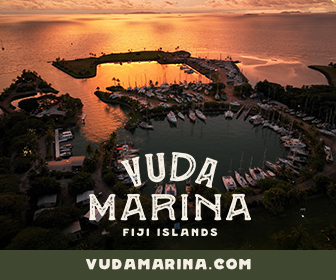
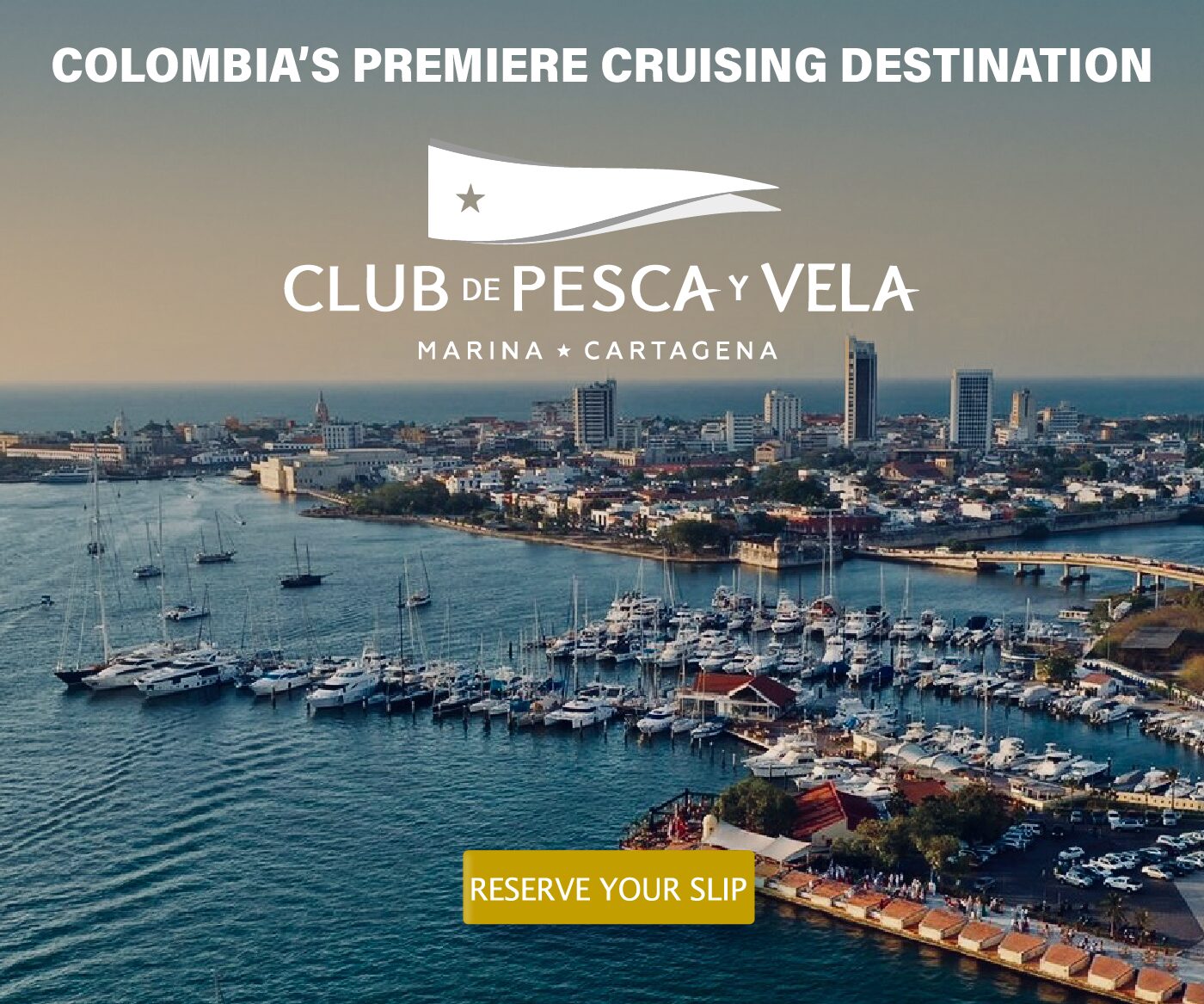

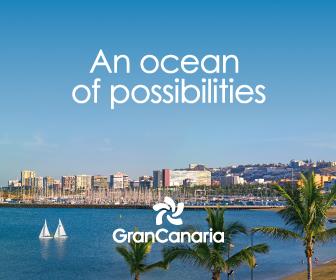
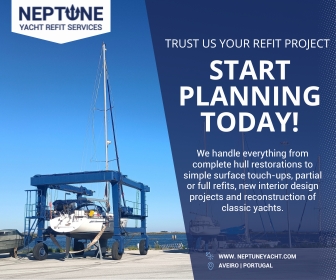
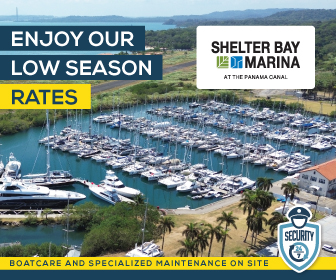
Janneke Kuysters and Wietze van der Laan of SY Anna Caroline provide more details about the efforts in the Indian Ocean and specifically the gateway to the Atlantic (South Africa).
The numbers of yachts was much lower (around 70), but the situation was very dire for those involved. To explain it from east to west.
First, there were the yachts that were stuck in SE Asia and had to face the deep financial consequences of shipping the yacht to the USA or Europe (of which one yacht sank and one was dismasted during transport).
Second, there were the yachts that were held in months-long quarantine in Maldives, deprived of food, medical assistance and a safe place to anchor.
And third, the fear of those that were underway in the Indian Ocean of being trapped in a cyclone season in the western part of the Indian Ocean: the Red Sea as well as South Africa were closed. With the loss of three lives of cruisers, things were getting very tense.
In that respect, we cannot stress enough that through all these complications, a group of three South African cruisers kept us going by collecting and sharing information from early March 2020 until the end of the year. With the use of two specific Facebook groups, relays of info via cruisers-whatsapp groups in different countries, information was readily available. This proved crucial for cruisers of nationalities that are not helped in any way by their embassies.
Their relentless effort in negotiating with the South African government has cracked the door open for cruisers and thus created a safe passage into the Atlantic. This monumental effort is an unprecedented success story: without lengthy application procedures (like in Australia) we had direct access into South Africa on arrival.
The cruising community owes Peter Sherlock, Jenny Crickmore Thompson and John Franklin a lot. But not only that: on arrival, we were greeted in every port by OCC Port Officers who went out of their way to help cruisers, whether OCC member or not. Especially Natasha Wolmarans in Richards Bay needs to be mentioned. In Richards Bay the majority of the yachts cleared in and Natasha took the brunt of the work there, apart from caring for her own sick mother and a fulltime job. She organized Covid tests, helped with information and compassion and even coordinated assistance for a solosailor who arrived there with acute leukemia. Natasha put her own sailing-time aside for the foreign cruisers.
We felt the need to mention this success story to complement Daria’s observations. The efforts of the people mentioned have lead to a number of cruisers signing up as OCC members.
Janneke Kuysters and Wietze van der Laan
SY Anna Caroline- Read about Janneke and Wietze’s own experience on arrival in Richards Bay here: https://www.zeilen.nl/nieuws/column-anna-zuid-afrikaanse-helden/- The OCCs tribute to the effort in the Indian Ocean and South Africa can be viewed here:
https://news.oceancruisingclub.org/home/news/1482
– Natasha Wolmarans was recognised with a special OCC Commendation for her extraordinary assistance to cruisers.